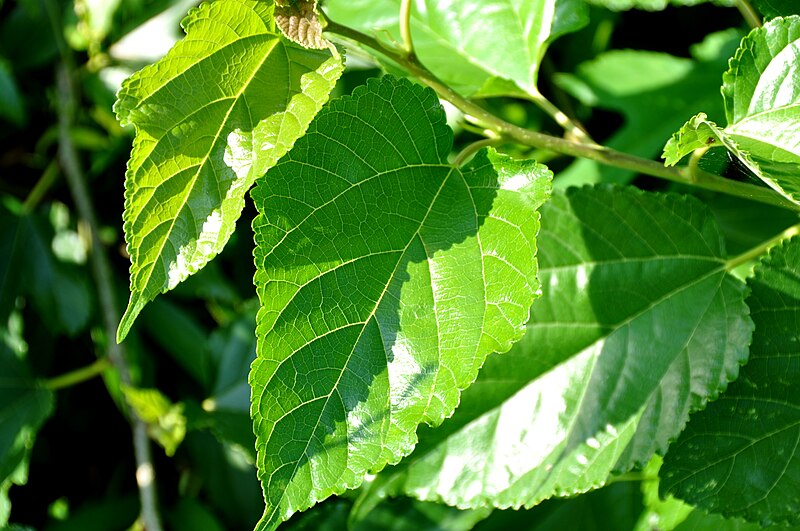The Book of Songs (Shijing) contains the seeds of later Chinese landscape poetry. Its oldest poems are around three thousand years old but here I wanted to draw attention to one rare example that can be attached to a particular date, 658 BCE, when the people of Wei were forced to abandon their capital north of the Yellow River. In his translations Arthur Waley explains that they built a new capital 'in a narrow strip between Shandong and Henan. In their move they were assisted and protected by Duke Huan of Qi, who sent a gift of three hundred horses'. The poem begins by describing the building of houses, oriented according to the sun. Alongside these they planted hazels, chestnuts-trees, catalpas, Paulownias and lacquer trees, 'that we may make the zithers great and small.' I really like the idea of prioritising musical instrument making when designing a city. The poem then briefly describes a journey to look down on what they had created.
We climb to that wilderness
To look down at Chu,
To look upon Chu and Tang,
Upon the Jing hills and the citadel.
We go down and inspect mulberry orchards,
We take the omens and they are lucky,
All of them truly good.
A magical rain is falling.
We order our grooms
By starlight, early to, to yoke our steeds;
We drive to the mulberry-fields and there we rest...
This anonymous poem is one of the 'Airs of the States', in this case one of the 'Airs of Yong' (a small principality later absorbed into Wei). As you read these poems certain lines leap out which transport you to the natural world of ancient China: its fields and orchards, mountains and rivers. As an experiment I tried extracting some of these phrases from the first five states in The Book of Songs, including Yong.
Zhou
Climbing a high ridge
Cutting boughs that have been lopped and grown again
Water mallow growing in patches
Cloth-plant spread across the midst of the valley
Blazing flowers of a peach tree
Shao
Gathering white aster down in the ravine
Climbing the southern hill to pluck the fern-shoots
Covering with white rushes a dead doe
The flowers of the cherry
Paths drenched in dew
Thunder on the sun-side of the southern hills
Bei
Building earth-works at the capital
Gazing after a swallow
Off in a boat, floating, floating far away
A gentle wind from the south
A cloudless dawn begins to break
On the hills grows a hazel-tree
Yong
Going to gather goosefoot
I walk in the wilderness
We drive to the mulberry-fields and there we rest
Quails bicker
Thick grows the caltrop
A magical rain is falling
Wei
Drumming and dancing in the gully
She rests where the fields begin
She threw a quince at me
Kitesfoot so fresh
Reeds and sedges tower high
The mulberry-leaves have fallen
.jpg/800px-Starr-131002-2407-Pachyrhizus_erosus-flowers_and_leaves-Hawea_Pl_Olinda-Maui_(24596703434).jpg)




